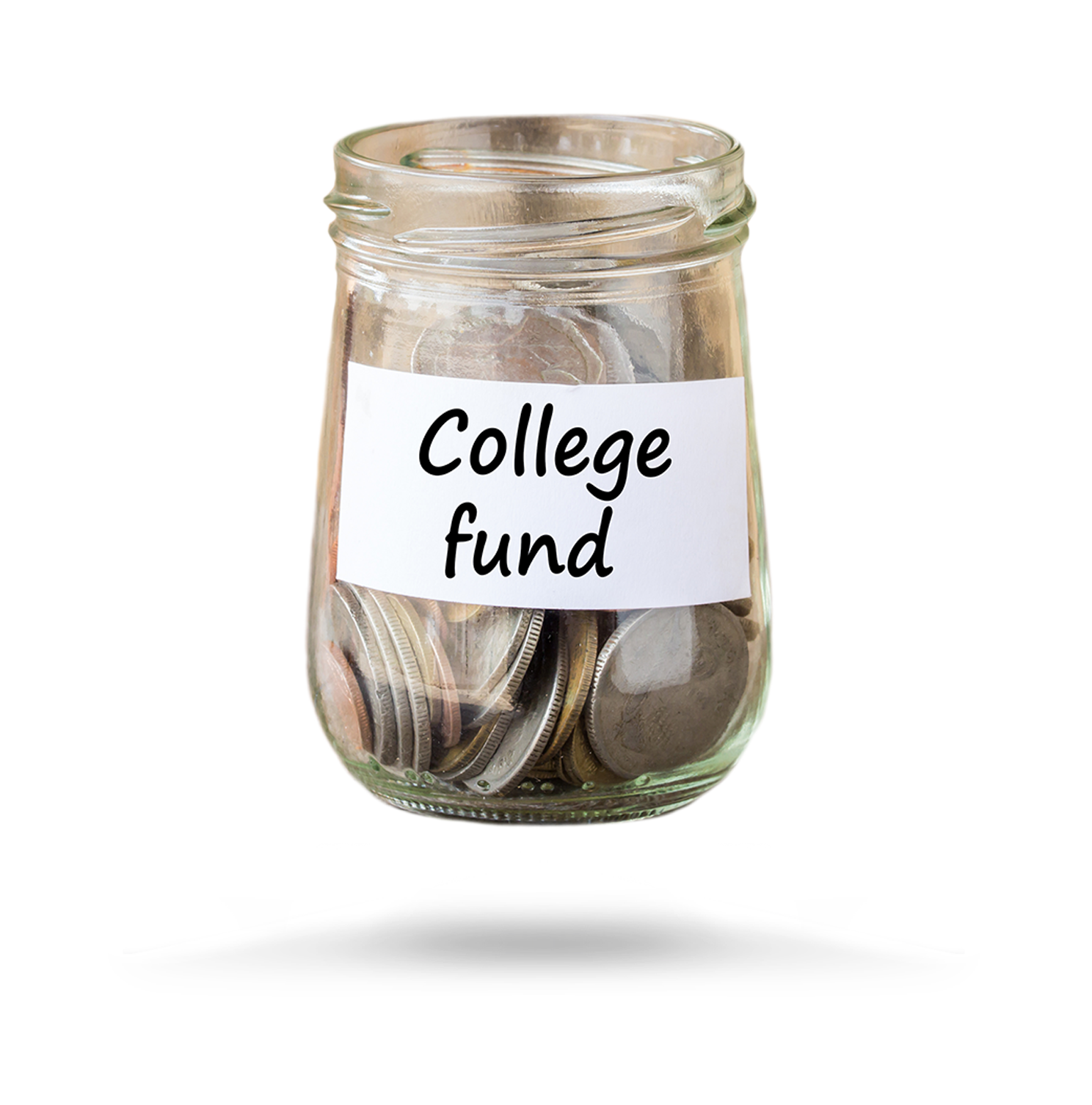Private Student Loans: A Breakdown of What They Are
Private loans differ from federal student loans as they are offered by different lenders and provide numerous possibilities regarding repayment duration, repayment type (fixed or variable), deferment, and interest rates. Utilize our student loan comparison tool to analyze and compare the array of options you have.
Who qualifies for private student loans?
Private loan eligibility frequently relies on having an established and respectable credit score, which can be difficult for students who have recently completed high school. In these instances, a co-signer, who has a strong credit standing, may be necessary to provide financial guarantee and assume responsibility for the loan throughout its term.
What is the process of fund disbursement?
Generally, loan funds are disbursed to your school for payment of education-related expenses. After covering tuition and fees, any remaining funds will be disbursed to you to assist with other outstanding educational costs.
Reasons to Consider Private Student Loans
When it comes to borrowing capacity, private student loans tend to outshine federal loans, granting borrowers access to larger loan amounts. Moreover, private loans come with diverse interest rates, fees, and borrower terms, offering both variable-rate options tied to market conditions and fixed-rate choices.
After approval, what's the process?
Upon approval, the lender will issue a letter that outlines the loan's terms and conditions. The funds will be disbursed after you accept these terms and sign a promissory note, which outlines your duties and privileges as a borrower.
What can student loans be used for?
Student loans typically address the cost of attendance, including tuition, fees, books, supplies, room, and board. Non-essential expenses are generally not covered. Private loans, on the other hand, offer the potential to cover additional costs like computer supplies, internet services, parking fees, and more.
